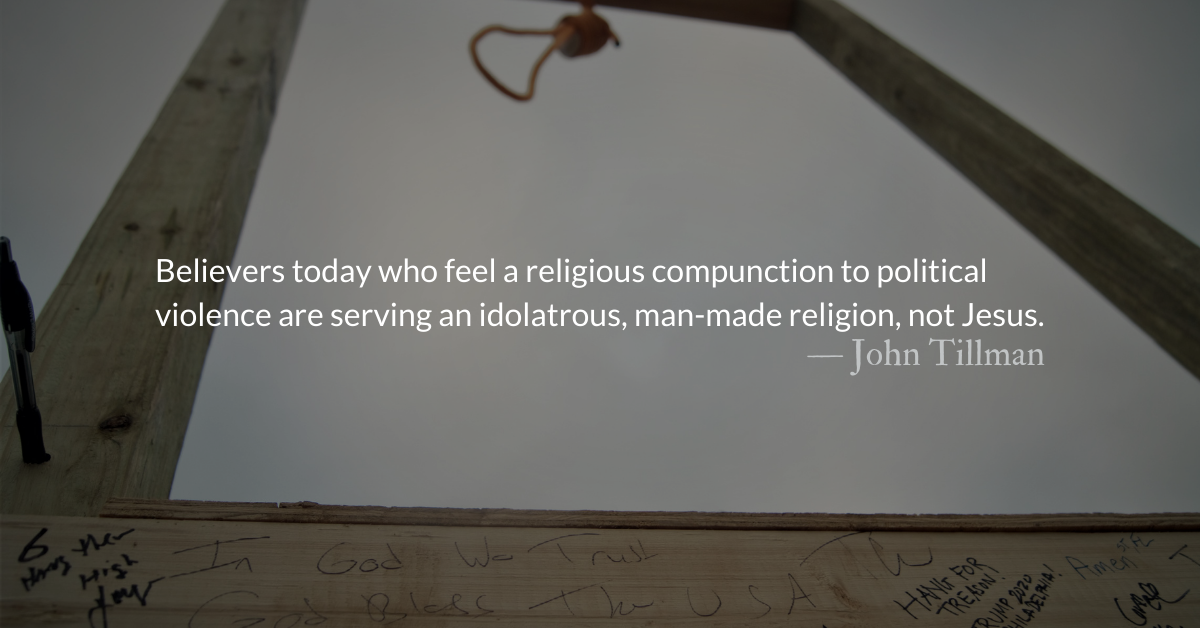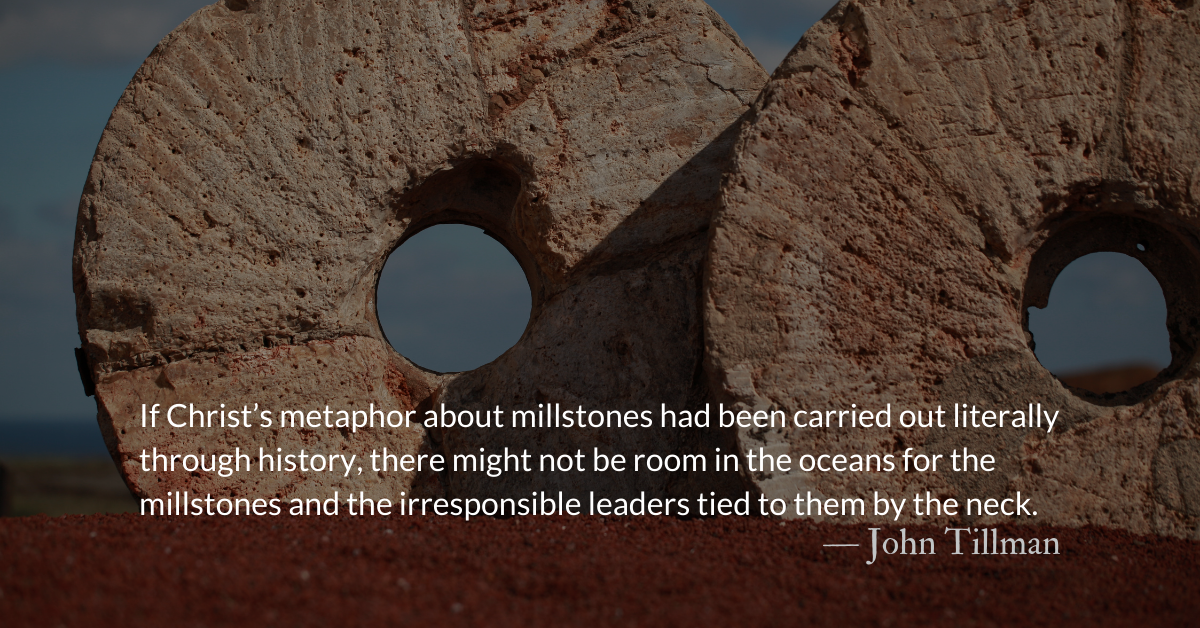Scripture Focus: Genesis 22.13-14
13 Abraham looked up and there in a thicket he saw a ram caught by its horns. He went over and took the ram and sacrificed it as a burnt offering instead of his son. 14 So Abraham called that place The Lord Will Provide. And to this day it is said, “On the mountain of the Lord it will be provided.”
Matthew 21.42-46
42 Jesus said to them, “Have you never read in the Scriptures:
“ ‘The stone the builders rejected
has become the cornerstone;
the Lord has done this,
and it is marvelous in our eyes’?
43 “Therefore I tell you that the kingdom of God will be taken away from you and given to a people who will produce its fruit. 44 Anyone who falls on this stone will be broken to pieces; anyone on whom it falls will be crushed.”
45 When the chief priests and the Pharisees heard Jesus’ parables, they knew he was talking about them. 46 They looked for a way to arrest him, but they were afraid of the crowd because the people held that he was a prophet.
Reflection: The Ram and the Cornerstone
By John Tillman
Our readings today highlight the symbolic sacrifice of Isaac and the first steps of the actual sacrifice of Jesus.
Jesus takes actions during the final week of his life that are intentionally provocative. His face is set like a flint toward Jerusalem. (Luke 9.51) He had been avoiding Jerusalem because of the existing plots against his life. (Matthew 16.21; 23.37-40; Luke 13.34-35; John 11.7-8) He had been cautioning many to keep silent about his miracles and his ministry. (Mark 1.42-44; 5.41-43; 7.33-36; 8.23-26) But, at the right time, Jesus reversed that low-key strategy. When Jesus showed back up in Jerusalem before Passover, it wasn’t quietly. He kinda kicked in the door a bit.
When he arrived in the area, Jesus openly performed a dramatic resurrection of Lazarus, right outside the city, in the presence of his enemies. (John 11.43-53) Not long afterward, Jesus rode into Jerusalem receiving for once the true praise that was and is due him as king. (Matthew 21.1–11; Mark 11.1–11; Luke 19.28–44; John 12.12–19) Next, he cleansed the Temple of the animals that would be offered for sacrifices. (Perhaps in part, because he was there to replace them.) Then he told pointed and dramatic parables that embarrassed and exposed his enemies’ hypocrisies and failures.
Jesus entered Jerusalem like Isaac’s ram on the mountain top. He rammed his head into the thorns to ensure there would be no escape. He rammed his teaching into the foundations of the religious leaders’ security and pride, knowing what their violent response would be. The stone the builders rejected would be the cornerstone. Jesus knew he would be rejected. His final actions ensured it.
On the mountain of the Lord, he provides.
But there is a second analogy in Isaac. Jesus is not only symbolic of the ram in the thicket. He is also symbolic of Isaac, the son, willingly laid down for the sacrifice. Many commentators have noted that at Isaac’s age, he would have been strong enough to resist his aged father. If he did, scripture does not record it. We find him quietly bound and laying on the stone altar.
Willing Isaac on the stone and Jesus carrying his cross speak to us about our willingness to lay down our lives and desires for the benefit of others.
May we not reject the stone of suffering, of sacrifice, of self-control, or of truth.
May we reject instead the cushions of comfort, the banquet of indulgence, the flaunting of freedom, and the pleasing talk of false prophets.
May our only foundation stone be that of Christ.
Divine Hours Prayer: The Greeting
The Lord lives! Blessed is my Rock! Exalted is the God of my salvation! — Psalm 18.46
– Divine Hours prayers from The Divine Hours: Prayers for Autumn and Wintertime by Phyllis Tickle
Today’s Readings
Genesis 22 (Listen – 4:01)
Matthew 21 (Listen – 7:10)
Read more about Truth Unwanted :: A Guided Prayer
“Who is it you want?” — John 18.4
Jesus, you are the king, the gift, and the truth that the world does not want.
Read more about Naked Humility, Unexpected Salvation
How do we remain faithful without resorting to the weapons of shame or the strongarm tactics of anything-goes politics?











